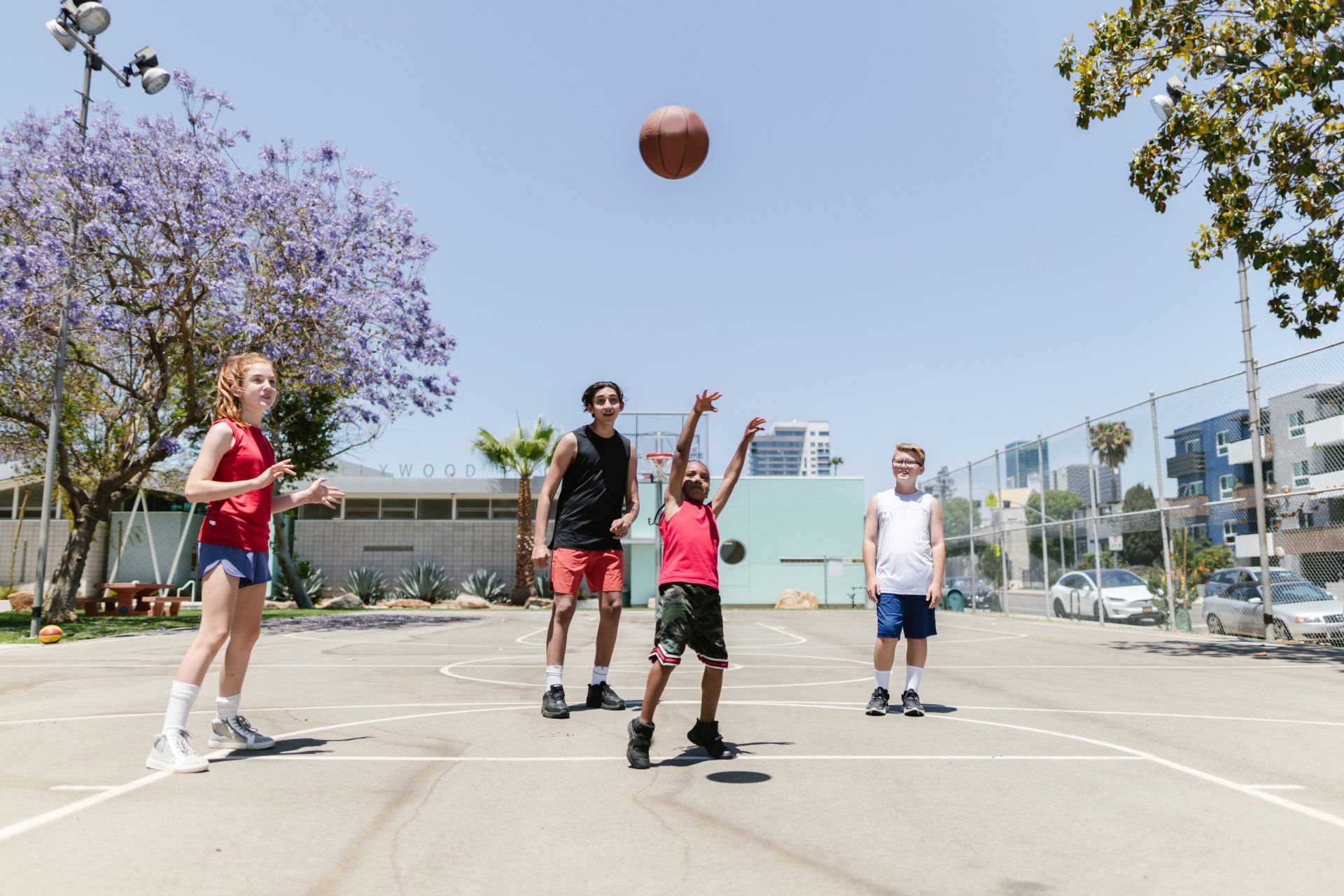Building Strong Bodies and Minds
Physical activity is crucial for the overall development of children, and sports training offers a fantastic way to achieve this. Engaging in sports not only enhances physical fitness but also nurtures important life skills and character traits. In this blog, we will explore the numerous benefits that sports training provides to children, highlighting why it is an essential aspect of their growth and well-being.
1. Improved Physical Health:
Regular sports training helps children develop strong muscles, bones, and cardiovascular systems. Engaging in physical activities like running, jumping, and throwing improves coordination, balance, and motor skills. It contributes to maintaining a healthy weight, reducing the risk of obesity, and preventing various health issues such as heart disease, diabetes, and hypertension.
2. Enhanced Mental Well-being:
Sports training has a positive impact on a child's mental health as it promotes the release of endorphins, which are known to boost mood and reduce stress. Regular physical activity can alleviate symptoms of anxiety and depression, improve self-esteem, and provide an outlet for emotional expression. Through sports, children learn to set goals, overcome challenges, and develop resilience, which are valuable skills for their mental well-being.
3. Social and Emotional Development:
Participating in sports training provides children with opportunities to interact and collaborate with peers, coaches, and team members. They learn the importance of teamwork, communication, and cooperation. Engaging in friendly competitions and working towards shared goals fosters a sense of belonging and camaraderie, leading to lifelong friendships. Furthermore, sports teach children how to manage both victory and defeat gracefully, instilling valuable life lessons about perseverance and sportsmanship.
4. Discipline and Time Management:
Sports training requires commitment, discipline, and consistent effort. Children learn the importance of prioritizing their time, setting schedules, and following a routine to balance sports activities with academics and other responsibilities. This helps develop essential time management skills that will benefit them throughout their lives.
5. Improved Cognitive Abilities:
Research suggests that sports training positively impacts cognitive abilities in children. Physical activity increases blood flow to the brain, promoting better concentration, memory, and overall cognitive function. Engaging in sports can potentially enhance academic performance by improving focus, problem-solving skills, and creativity.
6. Healthy Habits and Long-term Well-being:
Sports training instills healthy habits and encourages an active lifestyle from an early age. Children who participate in sports are more likely to carry these habits into adulthood, reducing the risk of sedentary behavior and associated health problems. The skills and knowledge gained through sports training empower children to make informed choices about nutrition, exercise, and overall well-being.
Sports training provides a multitude of benefits for children, encompassing physical, mental, social, and emotional aspects of their development. Engaging in sports not only promotes physical health but also nurtures valuable life skills like teamwork, discipline, and resilience. By encouraging children to participate in sports training, we invest in their overall well-being and set them on a path towards a healthy and successful future.

All Rights Reserved | All Sports Mastery

